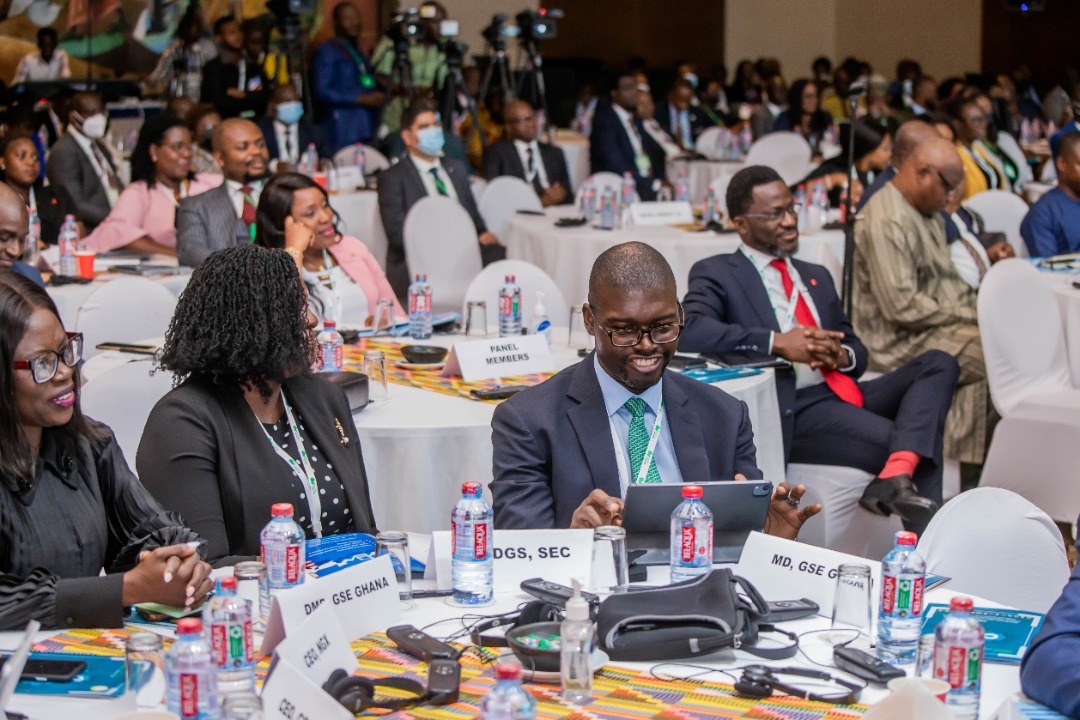Business
Insurance Sector Records 15.68% Growth

The National Bureau of Statistics (NBS) has said that the insurance sector grew by 15.68 per cent in the first quarter of the 2022 financial period.
According to the official statement figures obtained from the NBS on the country’s Gross Domestic Product, the financial sector grew by 34.65 percent.
“The finance and insurance sector consists of the two subsectors, financial institutions and insurance, which accounted for 89.12 per cent and 10.88 per cent of the sector respectively in real terms in Q1, 2022.
“As a whole, the sector grew at 32.29 per cent in nominal terms (year-on-year), with the growth rate of financial institutions at 34.65 per cent and 15.68 per cent growth rate recorded for insurance.
“The overall rate was higher than that of Q1, 2021 by 30.14 per cent points, and higher by 7.36 per cent points than the preceding quarter”, it stated.
The sector’s contribution to the overall nominal GDP was 3.80 per cent in Q1 2022, higher than the 3.25 per cent it represented in the previous year, and higher than the contribution of 3.10 per cent it made in the preceding quarter.
Growth in this sector in real terms totalled 23.24 per cent, higher by 23.70 per cent points from the rate recorded in the 2021 first quarter and down by 0.90 per cent points from the rate recorded in the preceding quarter.
The contribution of finance and insurance to real GDP totalled 4.51 per cent, higher than the contribution of 3.77 per cent recorded in the first quarter of 2021 by 0.74 per cent points, and higher than 3.66 per cent recorded in Q4 2021 by 0.84 per cent points.
According to the report, Nigeria’s GDP grew by 3.11 per cent (year-on-year) in real terms in the first quarter of 2022, showing a sustained positive growth for the sixth consecutive quarter since the recession witnessed in 2020 when negative growth rates were recorded in quarters two and three of 2020.
The first quarter of the 2022 growth rate further represents an improvement in economic performance. The observed trend since Q4, 2020, is an indication of gradual economic stability.
The data added that the Q1, 2022, the growth rate was higher than the 0.51 per cent growth rate recorded in Q1, 2021 by 2.60 per cent points and lower than 3.98 per cent recorded in Q4 2021 by 0.88 per cent points.
The quarter-on-quarter, real GDP, nevertheless, grew at 14.66 per cent in Q1 2022 compared to Q4 2021, reflecting a lower economic activity than the preceding quarter.
Also in the quarter under review, aggregate GDP stood at N45,317,823.33 million in nominal terms.
Business
Customs Seek Support To Curb Smuggling In Ogun

Business
IFAD: Nigeria Leads Global Push For Youth, Women Investment In Agriculture
Business
Expert Tasks FG On Food Imports To Protect Farmers

-

 Politics3 days ago
Politics3 days agoAPC Releases Adjusted Timetable For Nationwide Congresses, Convention
-

 Business3 days ago
Business3 days agoCustoms Seek Support To Curb Smuggling In Ogun
-
Sports2 days ago
DG NIS Wants NSC Board Constituted, Seeks Increased In Funding
-

 Sports2 days ago
Sports2 days agoSWAN Rivers Set-up Five Functional Committees
-
News2 days ago
Police Bust Kidnapping Syndicate In PH
-
Sports2 days ago
NSC Disburses N200m Training Grants To 26 Athletes
-

 Featured2 days ago
Featured2 days agoINEC Proposes N873.78bn For 2027 Elections, N171bn For 2026 Operations
-
Sports2 days ago
‘NTF Will Build On Davis Cup Success For Brighter Future’

